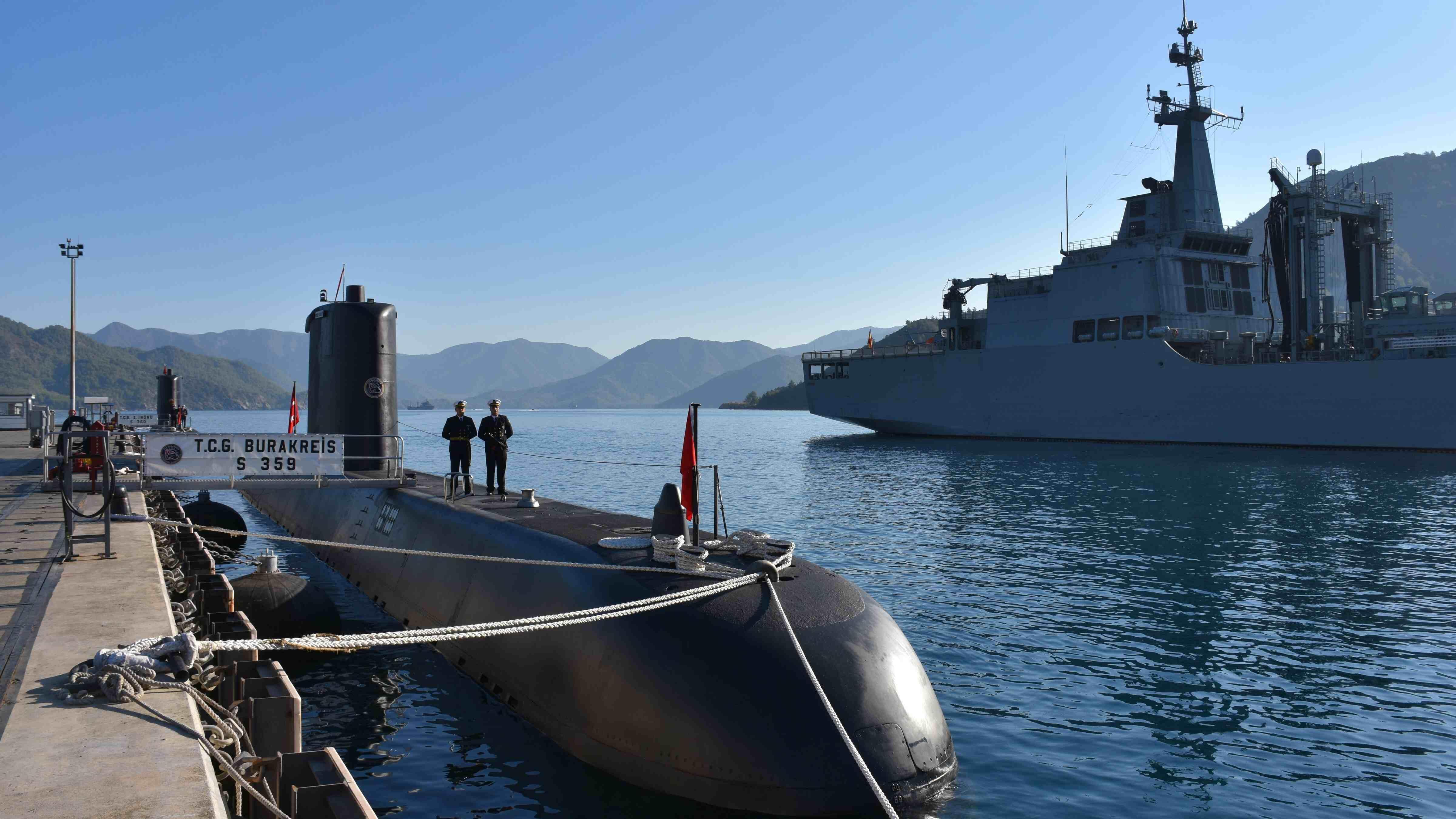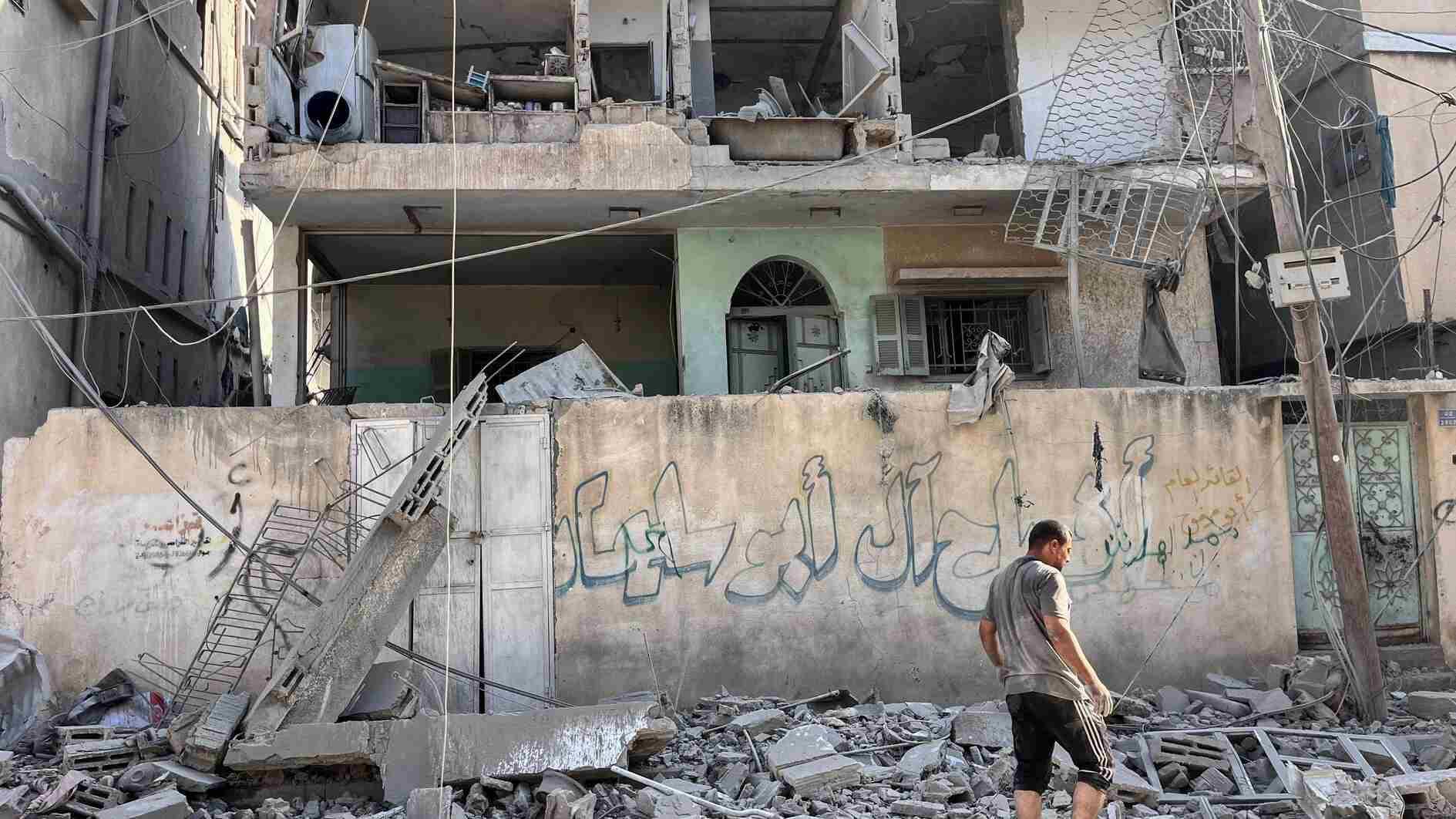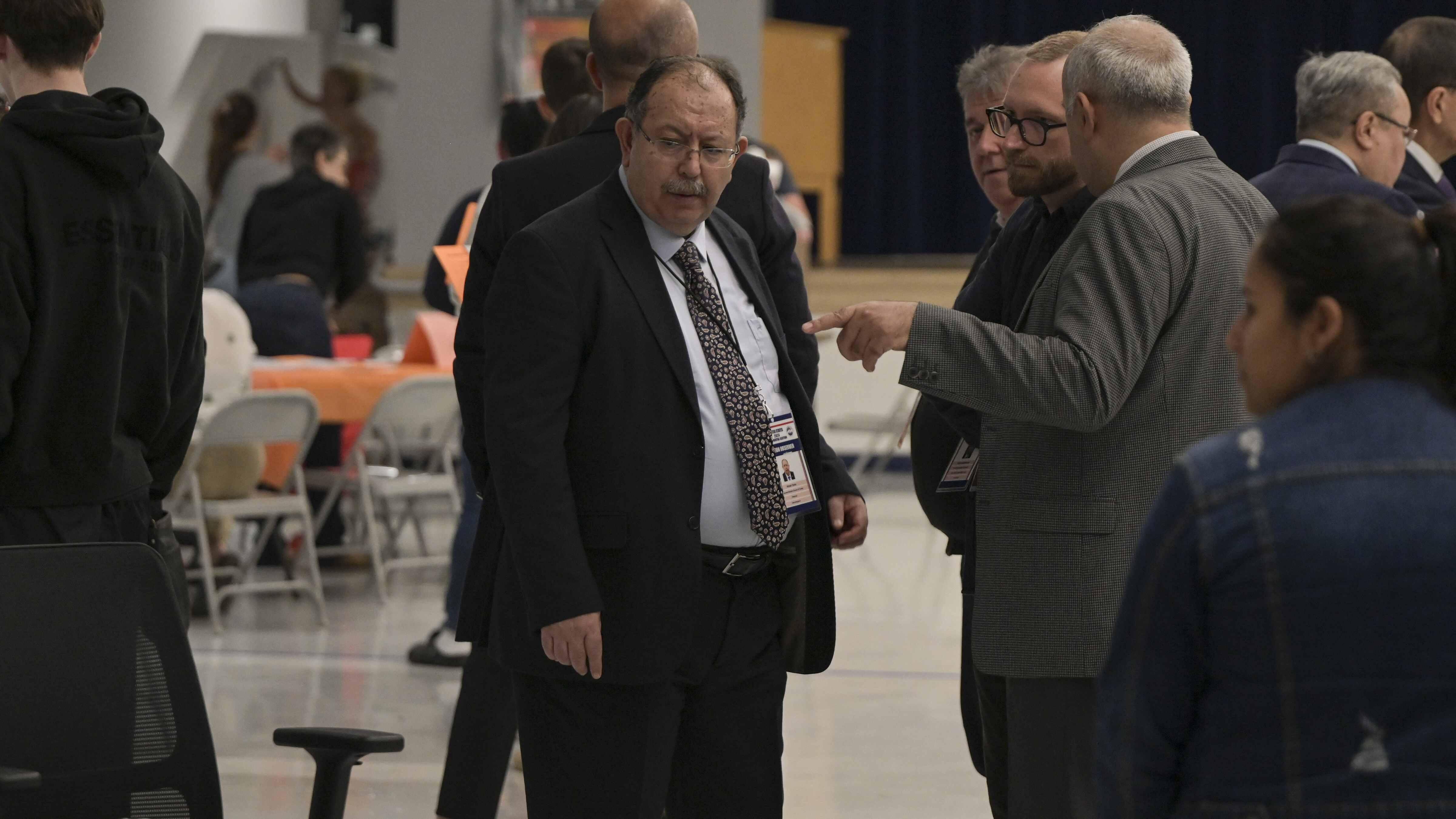Turkey, where freedom has no limits
When a journalist asked Turkish President Recep Tayyip Erdoğan on Oct. 13 if he were a dictator in fluent Turkish, his initial response was to question which media outlet the journalist worked for, surprised at facing such a direct question.
After learning that the journalist was Finnish - he was at joint press conference with visiting Finnish President Sauli Niinisto - Erdoğan reiterated his earlier remarks on the issue.
“First of all, one should see quite frankly that surely you wouldn’t be able to ask such a question in a country that has a dictator,” Erdoğan said, before carrying the issue to “insults on me and my family members,” as usual.
“The second point: you wouldn’t be [able] to insult a country’s prime minister, president or his family without restraint in a country where there is a dictatorship,” the president said.
Noting that Turkey “is a country where freedoms have no limits within the democratic parliamentary system,” Erdoğan added that the situation was much better than many EU member states.
“The written and visual media in Turkey [and] social media have been insulting me, my wife and my children limitlessly, and I have met these with patience during my 13-14 years [in the] prime ministry and presidency; I still meet them with patience,” the president said.
I’m not sure what Erdoğan considers as patience, or what will happen when his patience runs out, but Today’s Zaman Editor-in-Chief Bülent Keneş was in prison under arrest as the president was speaking. Keneş, who was fortunately released yesterday, was arrested last week over tweets a prosecutor claimed were “insulting the president,” including a retweet of Republican People’s Party (CHP) leader Kemal Kılıçdaroğlu’s messages on the microblogging site.
More than 200 people, including high school students, have been targeted by prosecutors under Article 299 of the Turkish Penal Code, which states, “Anyone who insults the President of the Republic shall be imprisoned for a term of from one to four years,” since Erdoğan was elected to the office in August, 2014.
Kerem Altıparmak and Yaman Akdeniz, who have been fighting on the forefront of the legal battles against limits on freedom of expression, wrote in Güncel Hukuk magazine’s October issue that “the indictments based on Article 299 and the arrests systemically violate freedom of expression.”
The two experts argued that no probe can be based on Article 299, because it conflicts with the European Convention on Human Rights, and international agreements ratified by parliament are constitutionally above domestic laws.
This approach was also echoed by Işıl Karakaş, a judge at the European Court of Human Rights (ECHR), who was recently elected as the vice-president of the top rights court.
“[…] Continuous lawsuits are filed against people for insulting the president. Such practices do not exist in Europe,” Karakaş told daily Hürriyet in an interview in late September.
“Insult crimes are not regulated by criminal law. If you believe that there is an intervention with your honor, then you can file a complaint demanding compensation [rather than a lawsuit in a criminal court],” added the judge.
So, according to Erdoğan, we have such freedom that we can even insult him and his family. According to the prosecutors, criticizing Erdoğan often mounts to an “insult,” and you can - and should - be imprisoned.
The judiciary is also very selective when it comes to arrest decisions. The judge who ordered Keneş’s arrest for his tweets was the very same judge who freed all but one of seven people who attacked Hürriyet columnist Ahmet Hakan in front of his house, after getting orders from a former police officer and tailing his car on the night of the attack.
If you put a photo of a cleaver in a tweet and write “the only object that could have a healthy and sustainable relationship with [outlawed Kurdistan Workers’ Party] PKK members,” in an open reference to the hundreds of brutally murdered Kurds in the 1990s by the Turkish Hezbollah, you not only avoid any prosecution, but President Erdoğan becomes a witness at your wedding.
No one has been charged after two separate attacks in 48 hours by mobs on the Hürriyet headquarters in Istanbul, despite a police presence at the premises during the second attack, but one dedicated prosecutor opened a probe into the daily’s parent company, Doğan Media Group, based on a ridiculous report in a pro-government tabloid.
If you write a book on the Fethullah Gülen followers in the police, just like Ahmet Şık did in 2011, you are arrested before the book is published, the draft book is seized, newspapers offices are raided to find copies of the draft on computers, you spend one year in prison and President Erdoğan says: “Sometimes a book is more dangerous than a bomb.” Because it was before Erdoğan and his supporters found out that the “parallel state was deceiving us.”
Luckily for us, Prime Minister Ahmet Davutoğlu significantly raised the bar of freedom in the country.
There is a list of suspected suicide bombers, “however, legal action cannot be taken until the realization of the criminal act,” Davutoğlu said on Oct. 12, a year after his ruling party rushed amendments through parliament - despite all opposition and international criticism - to give the police the authority to detain people and raid their homes and workplaces over “reasonable doubt.”
It feels good to be a citizen of Turkey, the land of freedom and prosperity.











